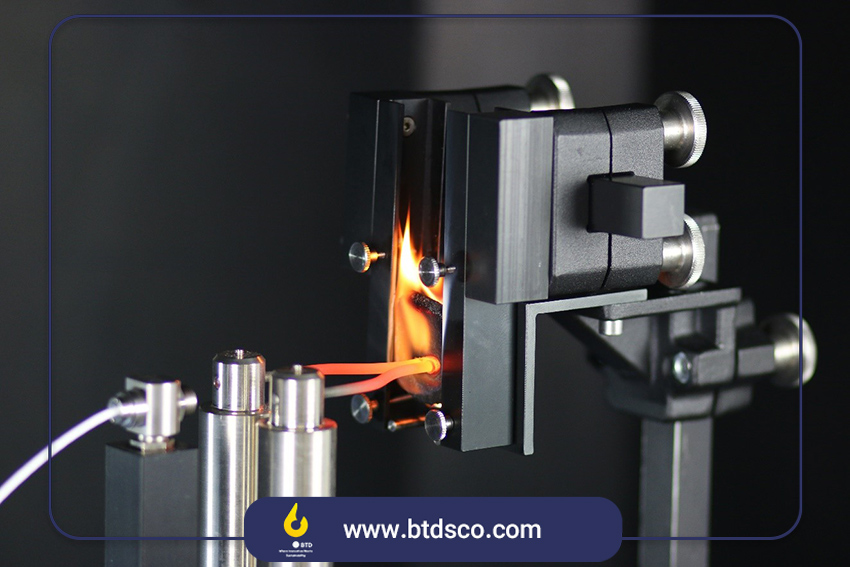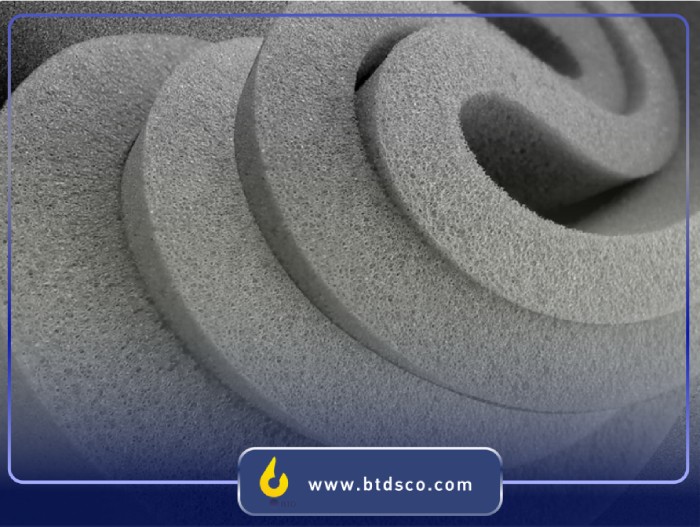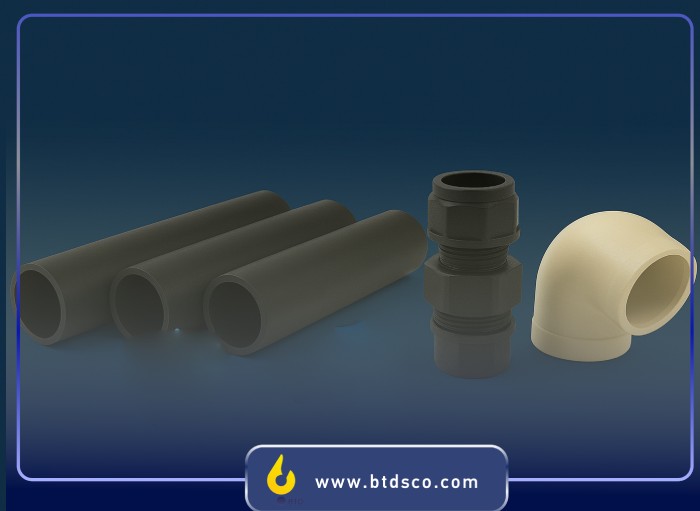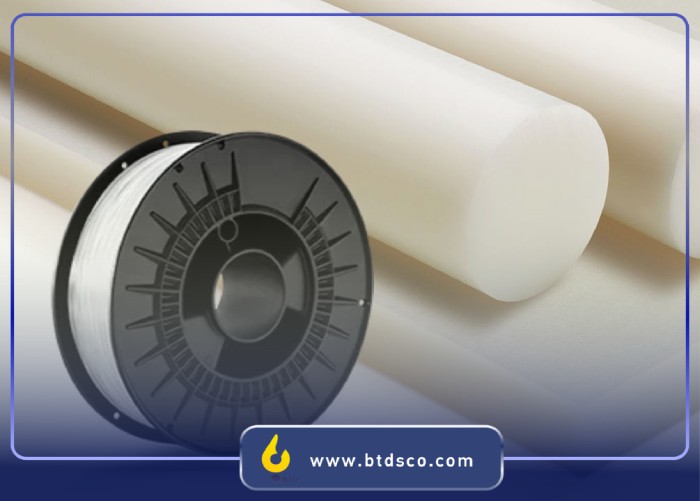Polypropylene Compounds: Properties, Applications, and Benefits in Modern Industries
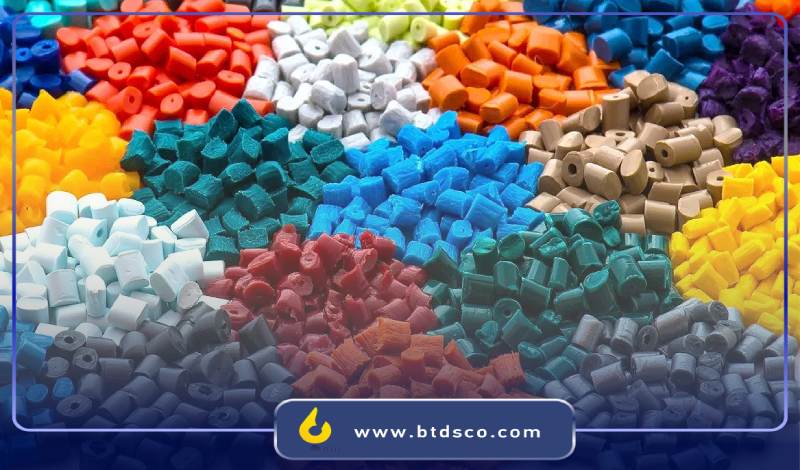
Plastics encompass a broad spectrum of materials with diverse properties, and often, people tend to group all types of plastics under one generic term. However, this category includes substances with a wide range of applications and distinct characteristics.You can also refer to Bespar's Durability Chemical Development site for information on polypropylene types.Among them, polypropylene stands out as one of the most widely used materials across various industries. In this article, we will explore what makes polypropylene unique, the products made from it, and the reasons behind its popularity.
What is Polypropylene?
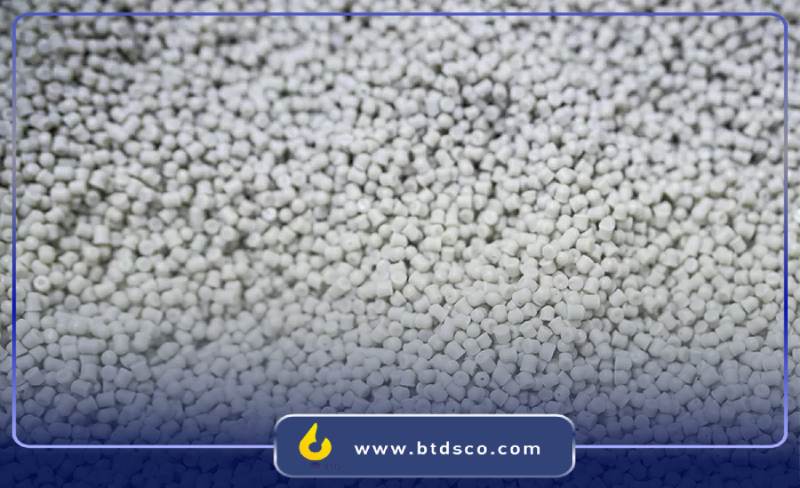
Polypropylene (PP) is a versatile thermoplastic polymer that falls under the polyolefin family. It is produced through the polymerization of propene, a by-product of petroleum refining. Thanks to its exceptional durability and hardness, polypropylene is utilized across numerous sectors, from consumer goods to industrial applications.
Key Physical and Chemical Properties of Polypropylene
Polypropylene is highly regarded in different industries due to its remarkable physical and chemical properties. These characteristics make it a preferred choice for various applications:
-
Chemical Resistance: Polypropylene exhibits a high level of resistance to many aggressive chemicals, including acids, bases, and solvents. However, it is vulnerable to non-polar liquids such as benzene, methyl chloride, and carbon tetrachloride.
-
Low Permeability to Water Vapor: This material offers excellent resistance to moisture, making it ideal for products that require protection from water. Polypropylene’s ability to maintain its integrity in damp environments adds to its popularity in various packaging and container applications.
-
Durability and Hardness: One of the standout qualities of polypropylene is its rigidity. After being molded into a shape, it maintains its hardness once cooled. This characteristic is essential for products requiring structural integrity.
-
Thermoplastic Nature: Polypropylene can be easily processed into different forms, including bottles, containers, and various industrial parts. Its ability to soften when heated and regain its hardness upon cooling makes it versatile in manufacturing processes.
-
Environmental Impact and Recyclability: With continuous advancements in production technology, polypropylene is increasingly being produced from recycled materials, contributing to a reduction in the environmental footprint of the chemical industry. The material's recyclability further enhances its sustainable credentials.
Industries That Rely on Polypropylene
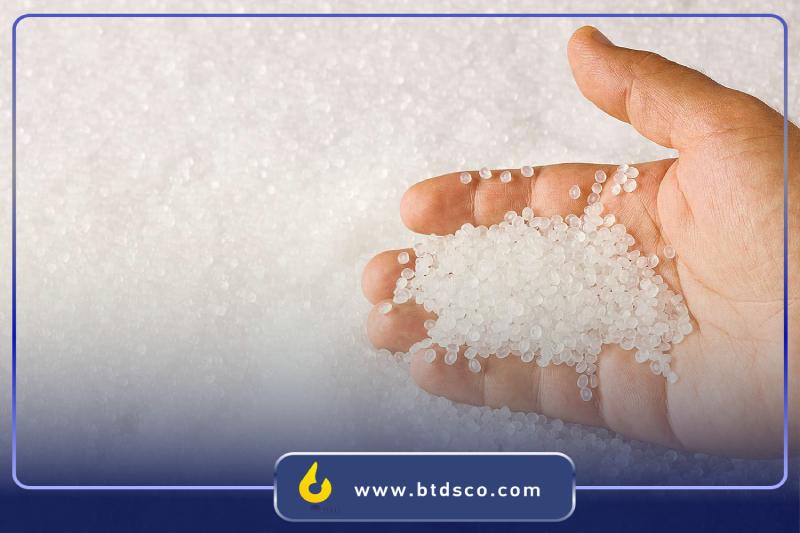
Polypropylene’s unique properties have made it indispensable in several industries. Its applications are vast, and it can be challenging to pinpoint sectors that don’t leverage its benefits in some capacity. Below are the key industries where polypropylene plays a significant role:
-
Food Industry and Packaging: Polypropylene is widely used for manufacturing food containers, bottles, canisters, and various household items. Its resistance to moisture and durability make it an excellent choice for food storage and packaging applications.
-
Chemical and Pharmaceutical Industries: In these sectors, polypropylene is used to create pipelines, laboratory vessels, filters, and medical equipment. It is particularly valued for its ability to handle aggressive chemicals and provide reliable performance in medical and pharmaceutical applications.
-
Home Goods and Furniture Manufacturing: Polypropylene is commonly used to make durable home goods such as suitcases, storage containers, buckets, and accessories. In the furniture industry, it is employed in manufacturing items like bathroom fittings, insulation materials, and even components for central heating systems.
-
Textile and Carpet Industry: Polypropylene is a popular material for producing carpets, rugs, fabrics, and synthetic fibers. Its low cost, strength, and resistance to staining and mildew make it a preferred option for these applications.
-
Automotive Industry: Polypropylene is used extensively in the production of automotive components, including bumpers, body parts, cockpit fittings, and mirror elements. Its light weight, durability, and resistance to impact make it an ideal material for enhancing vehicle performance and safety.
-
Construction and Industrial Applications: Polypropylene is essential for manufacturing building materials, insulation, and components for industrial machinery. It is used to create pipes, tanks, pallets, and transport items, making it a crucial material in construction and industrial settings.
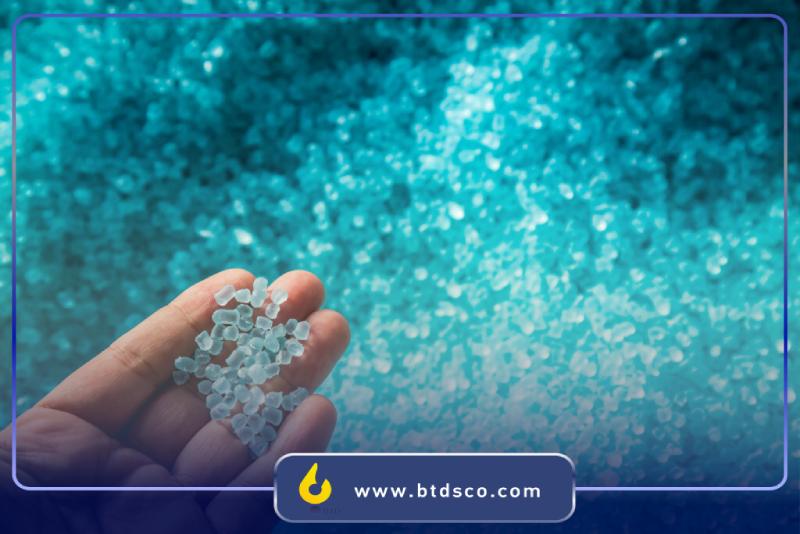
Conclusion
Polypropylene’s widespread applications, excellent chemical resistance, low moisture permeability, and versatility in manufacturing make it an indispensable material in various industries. As recycling technologies advance and environmental concerns continue to grow, polypropylene remains a top choice for sustainable and durable products. Whether in food packaging, medical devices, automotive components, or textiles, polypropylene proves to be a material that meets the demands of both manufacturers and consumers alike.
Frequently Asked Questions
-
What are the key properties of polypropylene compounds?
-
What are the common applications of polypropylene compounds?
-
Why is polypropylene compound used in medical applications?
-
What are the environmental benefits of using polypropylene compounds?
Polypropylene compounds offer significant environmental benefits due to their recyclability and sustainable production practices. They can be recycled and reused in the production of new products, reducing waste and promoting a circular economy. Additionally, advancements in production technologies have made it possible to use recycled polypropylene to manufacture new products, further reducing the environmental impact associated with plastic production.
Recent Articles
